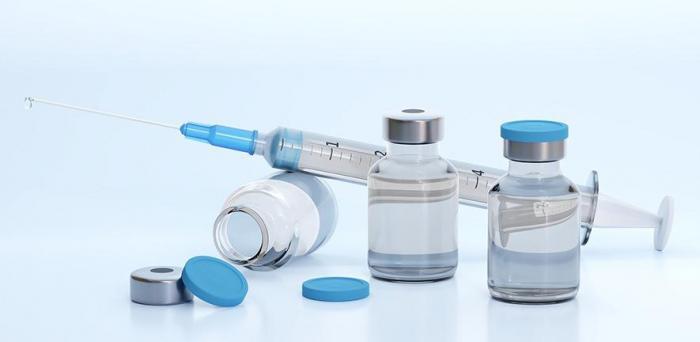The preliminary data, which have yet to be to peer-reviewed and relate to only a small number of patients, also suggest that a significant proportion of over 80-year-olds may not be sufficiently protected against infection until they have received their second dose of the vaccine.
As the SARS-CoV-2 virus replicates and spreads, errors in its genetic code can lead to changes in the virus. Towards the end of 2020, the Cambridge-led COVID-19 Genomics UK (COG-UK) Consortium identified a variant of the virus (now known as B1.1.7) which includes important changes that change the structure of the Spike protein, including the ΔH69/ΔV70 and Δ144/145 amino acid deletions and N501Y, A570D and P681H mutations. Researchers at Cambridge/COG-UK now report seeing a number of virus sequences that also include the E484K mutation, first seen in the South African variant.
The emergence of the B1.1.7 strain has led to strict lockdown measures in the UK because of concerns over its transmissibility. There is particular concern that these changes might enable the virus to ‘escape’ the newly-developed vaccines, which typically target the Spike protein.
The UK has begun rolling out two vaccines – the Pfizer BioNTech vaccine and the Oxford AstraZeneca vaccine. The efficacy of the vaccines can be boosted by a second dose; however, in order to reach as large a number of people as possible in a short amount of time, the government has concentrated on delivering a first dose to as many individuals as possible by giving the second dose at 12 weeks, rather than three.
Researchers at the Cambridge Institute of Therapeutic Immunology & Infectious Disease (CITIID), University of Cambridge, working in collaboration with the NIHR Covid-19 BioResource, used blood samples from 26 individuals who had received their first dose of the Pfizer vaccine three weeks previously, to extract serum, which contains antibodies raised in response to the vaccine. The age range of the volunteers was 29 to 89 years.
Working under secure conditions, the team created a synthetic version of the SARS-CoV-2 virus, known as a pseudovirus. When they tested the individuals’ sera against this pseudovirus, they found that all but seven of the individuals had levels of antibodies sufficiently high to neutralise the virus – that is, to protect against infection.
Image: Syringe and vaccine
Credit: MasterTux
Reproduced courtesy of the University of Cambridge
